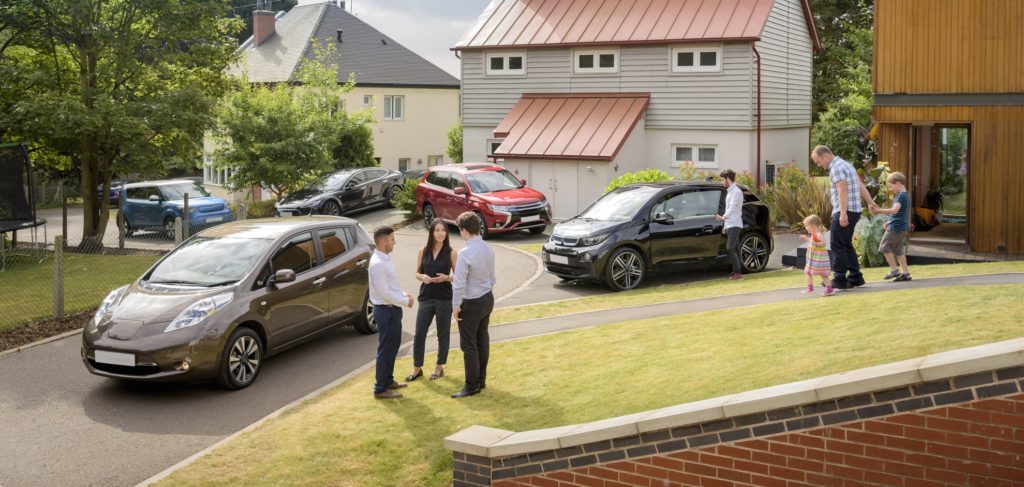Ambivalence drives the green paradox
16 December 2019

16 December 2019
Ambivalence seems to be underpinning a green paradox when it comes to fighting climate change globally. The latest edition of Ford’s annual trend report, 2020 Looking further with Ford, found that 58% of adults globally say they feel more despair than hope when it comes to fighting climate change, yet less than half are taking action when it comes to choosing green transportation methods, such as driving electric, carpooling, or taking public transportation.
It found that worldwide, consumers are increasingly worried about climate change. Yet, that worry is not translating into urgency: 64% of people who are not changing their behaviour to help fight climate change say they think they cannot make a difference.
In terms of electric vehicles, 40% of men agreed with the statement ″I do not fully understand the benefits of electric vehicles″, while 52% of women agreed. 44% of women said that they were not interested in electric vehicles, while 36% of men took that position.
There was also evidence to suggest that consumers are finding it harder to trust their peers and companies.
″The rate of change globally has been on the rise – and without the trust in the institutions, brands and peers to rely on, a majority of people are feeling extremely overwhelmed,″ noted Sheryl Connelly, Ford’s Global Consumer Trends and Futuring Manager. ″Consumers want to believe that companies are doing the right thing, but companies also need to give them a clear reason to do so. At Ford, we remain deeply focused on improving the lives of consumers and their communities, so we can continue to have a trusted relationship that moves us forward together.″
The global report suggests that people’s ability to trust peers, communities, elected officials and businesses has a crucial impact on their day-to-day lives.
The survey was conducted in 14 countries across the Americas, Asia, Europe and the Middle East.
Loneliness
Ford also considers loneliness and the report found that loneliness has become an epidemic of global proportions. It is particularly prevalent among young people – 62% of Gen Zers (those born between 1996 and 2010) globally agree with the statement ″I feel lonely on a regular basis″ and 50% agree: ″I often feel lonely when I’m around other people.″
In the report, Ford says that it thinks of the automobile as a ″gathering place ″” one of the last strongholds of uninterrupted conversations and bonding. Vehicles bring people together for work, play and companionship ″” whether they are traveling together, traveling to see one another, or simply finding the time and space to connect with the help of hands-free technology.″ The report found that 52% of respondents said that some of their best conversations take place on road trips or long car rides, and 46% said they use their commute time to catch up with friends and family by phone.
The report looks at a number of other issues including recycling, brands and brand values and expectations.